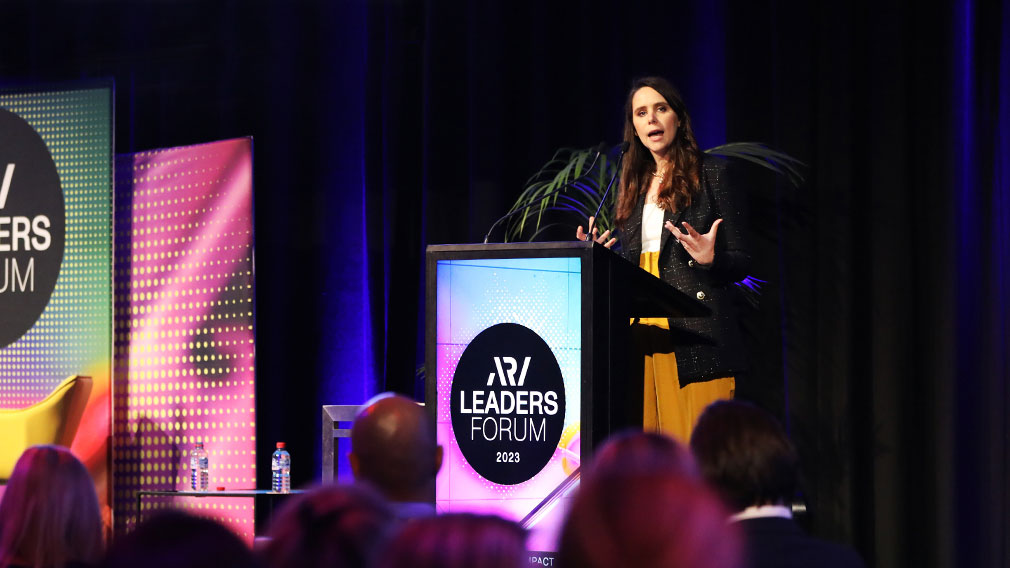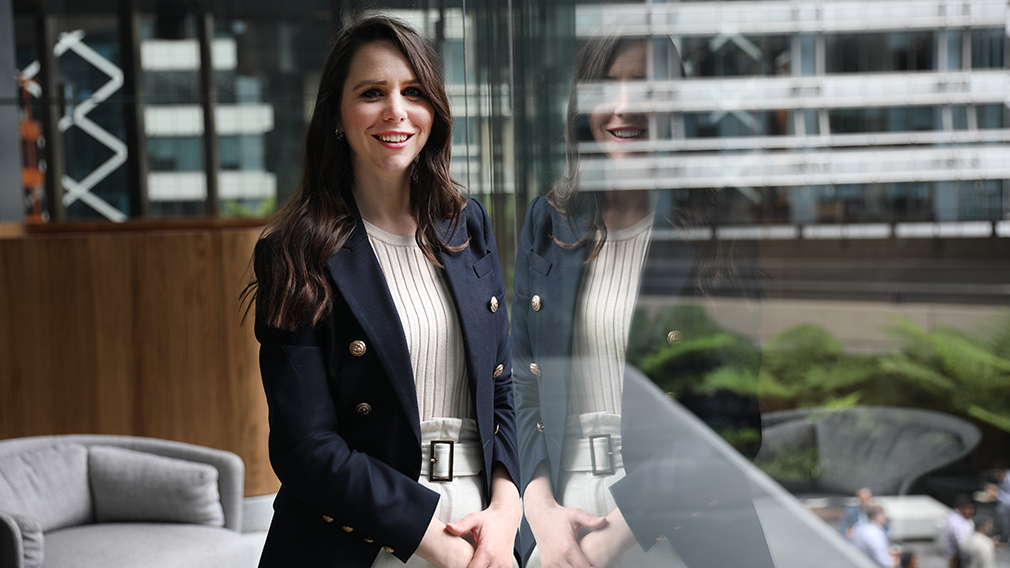‘Predictive analysis’ key as data explodes

Netflix senior data scientist Farhan Baluch says the company looks to optimise data in every aspect of its operations. (Getty)
Companies need to quickly shift how they think about data to leverage predictive analysis and identify revenue opportunities rather than more traditional backward looking uses, according to industry leaders.
Farhan Baluch, senior data scientist at Netflix, said it was important to understand the distinction between “predictive and descriptive” analytics, and how to use data to drive future actions rather than simply understand historical performance. He said measurement, analysis, reporting and prediction build on one another, citing how the US-based streaming giant could use this in marketing rather than the old “brute force approach” of email campaigns to random subscribers.
He added that then also measuring predictive analysis success can help reduce any scepticism about data.
“Once you start to measure everything you have then you can start to do something with that data,” he told an event hosted by the Actuaries Institute in Sydney this week.
Natalie Nguyen, the founder and chief executive of data analytics start-up Hyper Anna, noted however that just keeping up with the sheer amount of data was difficult for many companies, let alone working out how best to use it.
She said Hyper Anna leverages artificially intelligence to answer clients’ questions about key drivers for their business, along the lines of how Apple’s Siri works. Yet she said Hyper Anna doesn’t just work with data scientists, but also “storytellers” with journalistic skills who can make the data engaging and usable.
Ash Nair, head of data and analytics at QBE, said he experienced having to first prove the value of analytics before moving to a more predictive data approach.
“We had to earn the right to solve the problem first,” he said.
“Just because we had a title, a PhD and had data scientists in our team didn’t mean we had the right, so we understood that we had to focus on one specific problem with a bottom line impact. Then we had the attention of people in the business that there was value being added.”
The comments come as Australia prepares to ramp up data sharing across the economy under the “open banking” regime, which begins next year before being eventually being rolled out across other sectors like telecommunications and energy under the Consumer Data Right legislation. Other measures, such as Comprehensive Credit Reporting, are also freeing up data, spurring debate about privacy, security, competition and compliance timetables.
In December 2016, The McKinsey Global Institute said most companies captured only a “fraction” of the potential value of data and analytics, particularly the manufacturing, public sector and healthcare sectors. The biggest barriers in extracting value were organisational, McKinsey added, as many companies “struggle to incorporate data-driven insights into day-to-day business processes”.
But Mr Baluch suggested companies needed to respond faster to the rapid increase in data volume and opportunities, noting how Netflix – one of the highly valued “FAANG” stocks alongside Facebook, Apple, Amazon and Google – had several years ago become a data driven company by basing its business model firmly around predictive analytics, and optimising data in every aspect of its internal operations.
“The Netflix recommender system is part and parcel of the product that you are selling to the consumer,” he said, adding the basis of the transformation at Netflix was an early decision to “measure absolutely everything”.
“Typically this is not something that you would evolve into, it is the thing which drives the business.”
Westpac is a substantial investor in Reinventure’s funds. Reinventure, a venture capital group, has invested in Hyper Anna.



